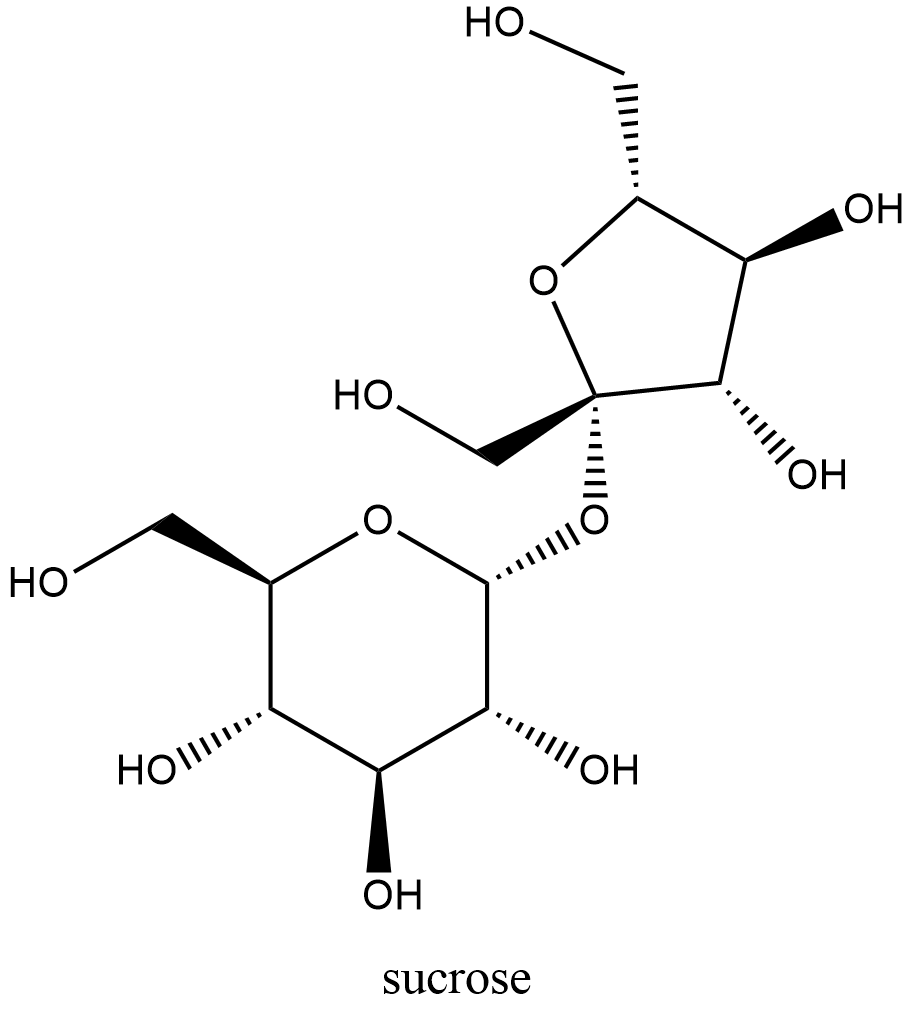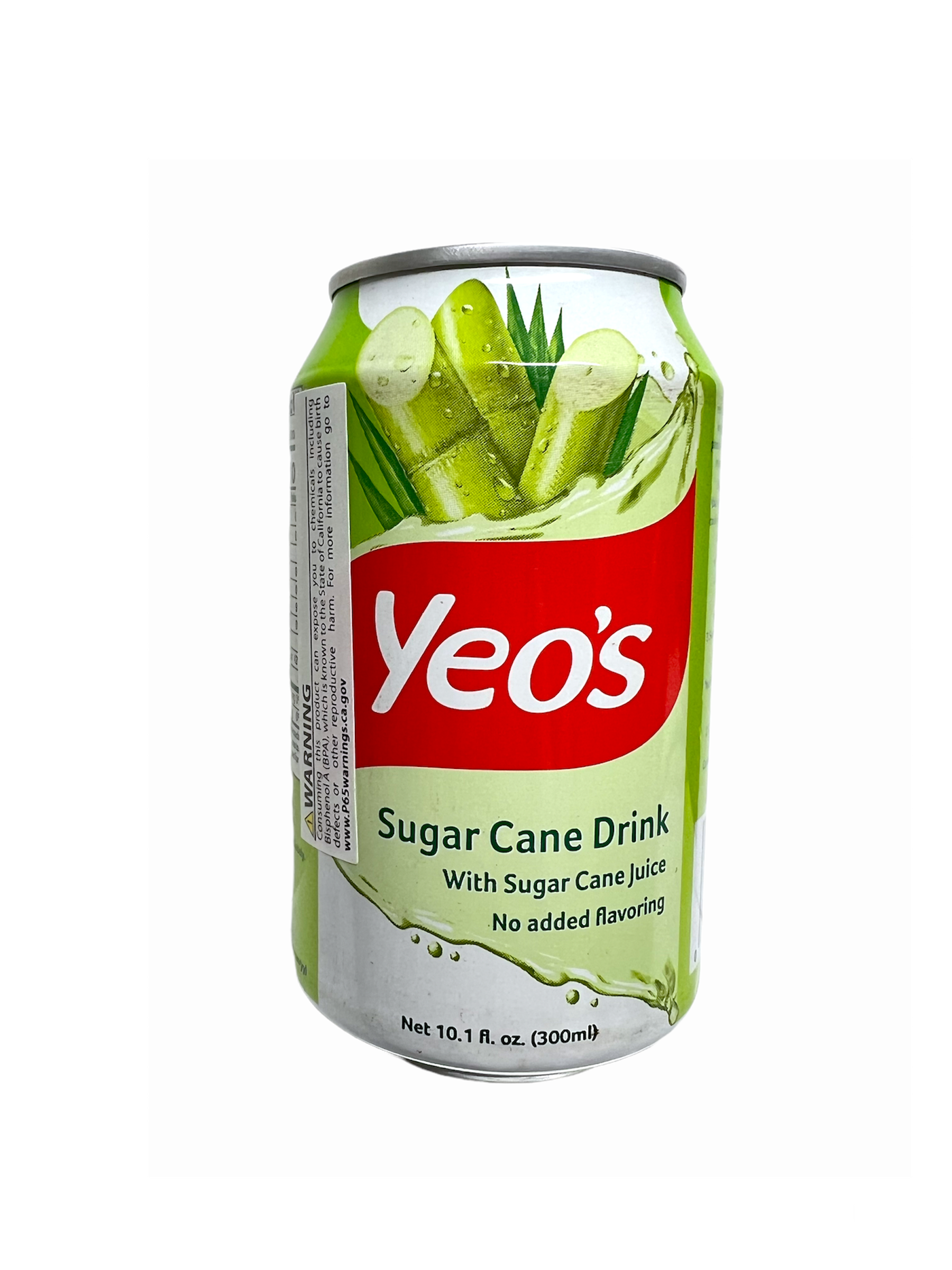The Diverse Usages of Sugar Walking Cane: From Food Products to Biofuels
Sugar Cane is a crop with varied applications that extend far beyond easy sweeteners. Its items range from granulated sugar and molasses to fermented liquors and sustainable product packaging materials. Additionally, it contributes in the production of sustainable biofuels. Recognizing these diverse uses reveals the ecological and financial value of sugar Cane cultivation. Yet, the ramifications of its growing techniques elevate inquiries worth discovering better.
The Function of Sugar Cane in Sweetener Production
Although sugar Cane is typically associated mostly with its sweet flavor, it plays an essential function in the production of various sugar worldwide. The procedure begins with removing juice from sugar cane, which is after that cleared up and evaporated to generate raw sugar. This raw sugar undergoes additional improvement to produce granulated sugar, extensively utilized in houses and industries. In addition to typical granulated sugar, sugar Cane is likewise the resource of molasses, a thick syrup that keeps many nutrients and is made use of in baking and cooking.
Furthermore, sugar Cane works as the foundation for creating alternative sweeteners like high-fructose corn syrup and certain sweetening agents, which are increasingly popular in food and drink production. The versatility of sugar Cane in sweetener manufacturing not only satisfies consumer demand for sweetness but also sustains different food industries, highlighting its significance past mere flavor.
Sugar Cane in Food Products Beyond Sweeteners
Sugar Cane provides numerous dietary benefits that extend beyond its function as a sugar. Its convenience in culinary applications has resulted in ingenious usages in a series of foodstuff, enhancing structures and flavors. This expedition highlights the wider payments of sugar Cane to the food sector.
Nutritional Advantages of Sugar Cane
The nutritional advantages of sugar Cane extend far past its popular role as a sugar. This flexible plant is rich in essential nutrients, including calcium, iron, magnesium, and potassium. In addition, sugar Cane consists of antioxidants that help combat oxidative stress and anxiety in the body. Its high fiber material aids in digestion and advertises digestive tract health, making it a beneficial addition to the diet plan. Moreover, sugar Cane juice is often consumed for its hydrating buildings and all-natural power increase, providing a source of fast carbohydrates. The existence of phytonutrients includes to its health and wellness advantages, potentially supporting immune feature. On the whole, sugar Cane supplies a variety of dietary benefits, adding to a health-conscious and balanced way of living.
Culinary Technologies and applications
While usually recognized primarily for its sweet taste, sugar Cane has actually emerged as an innovative ingredient in different cooking applications past standard sugar. Chefs and food manufacturers are increasingly utilizing sugar Cane juice and syrup to improve taste accounts in savory recipes, sauces, and sauces. Its all-natural sweet taste balances flavors and acidity, making it a versatile part in worldwide cuisines. Furthermore, sugar Cane fibers are locating their method into gluten-free flours, supplying structure and nutritional advantages. Innovative treats, such as sugar Cane sorbets and candies, display its unique flavor, while beverages like sugar Cane mixed drinks and teas highlight its invigorating high qualities. These cooking innovations show sugar cane's possibility to reinvent modern gastronomy.
The Manufacturing of Liquors From Sugar Walking Cane
Transforming sugar Cane right into alcoholic drinks showcases the flexibility of this exotic crop. The fermentation of sugar Cane juice or molasses causes a series of preferred drinks, including cachaça, aguardiente, and rum. These drinks are deeply rooted in the cultures of sugar-producing areas, especially in the Caribbean and South America.
The manufacturing process starts with the extraction of juice from fresh gathered sugar cane, which is then fermented making use of yeast. This fermentation converts the sugars into alcohol, generating a base that can be distilled for higher alcohol material. Purification techniques vary, affecting the taste profiles and attributes of the end product.
Furthermore, maturing in barrels can enhance the intricacy and deepness of flavors in spirits like rum. Generally, the makeover of sugar Cane into liquors not just highlights its farming importance however additionally adds significantly to the worldwide drink sector, offering abundant and varied experiences for customers.
Sugar Cane and Its Use in Biodegradable Packaging
Sugar walking cane's versatility prolongs past drink production to ingenious applications in naturally degradable product packaging. This renewable energy is progressively being made use of to develop environmentally friendly product packaging remedies that reduce reliance on petroleum-based plastics. Originated from the fibrous residue of sugar walking cane, called bagasse, suppliers can produce naturally degradable materials that disintegrate faster than standard plastics.
These sugar cane-based product packaging items use a sustainable option for different markets, including food and consumer items. They not just minimize ecological influence yet additionally straighten with the expanding customer need for sustainable methods. Additionally, sugar Cane packaging can be crafted to keep durability while being light-weight, making certain that it fulfills the functional requirements of services.
As environmental concerns rise, the change in the direction of eco-friendly products, such as those stemmed from sugar walking stick, provides an appealing path towards lasting packaging remedies that add to a circular economic climate.
Exploring Sugar Cane as a Lasting Biofuel
As the world looks for renewable resource sources, sugar Cane arises as a promising candidate for sustainable biofuel production. This flexible crop can be exchanged ethanol, a cleaner-burning option to fossil fuels - What Is Sugar Cane Used For. The fermentation procedure uses the sugars extracted from the walking cane, resulting in a renewable resource resource that considerably reduces greenhouse gas discharges compared to standard gas
Sugar walking stick's high power yield per hectare additional enhances its feasibility as a biofuel. It can be grown in various environments, making it accessible for lots of regions, particularly in exotic and subtropical areas. In addition, the byproducts of sugar Cane processing can be made use of in generating electrical energy, including another layer of sustainability to its use. The fostering of sugar cane-based biofuels not just promotes energy self-reliance yet also supports farming economic situations. As a result, sugar Cane attracts attention as a sustainable service in the worldwide change in the direction of sustainable energy.
Nutritional Benefits of Sugar Cane and Its By-products
The possibility of sugar Cane expands past its duty in lasting biofuel manufacturing; it also offers considerable dietary advantages. Rich in essential nutrients, sugar Cane provides crucial minerals such as magnesium, click to find out more calcium, and potassium, which add to general wellness. In addition, its juice is an all-natural resource of anti-oxidants, aiding to battle oxidative stress in the body.
Sugar Cane byproducts, such as molasses, further enhance its nutritional account. Molasses is high in iron, making it a valuable addition for those seeking to improve their iron intake. Both sugar Cane and its byproducts have nutritional fiber, which assists digestion and promotes a healthy and balanced intestine.

The Ecological Impact of Sugar Cane Farming

Conversely, the cultivation process can result in different ecological obstacles. Logging often strikes make method for sugar Cane areas, which interferes with communities and biodiversity. Furthermore, the heavy use of pesticides and fertilizers can lead to soil degradation and water contamination, affecting local wildlife and communities. The extensive watering needed in some regions can deplete water resources, leading to deficiency.

Often Asked Questions
Just How Does Sugar Cane Affect Dirt Health And Wellness During Farming?
The farming of sugar Cane substantially affects soil wellness. It can boost soil structure and fertility via organic matter enhancement, but excessive use of plant foods may lead to vitamins and mineral exhaustion and dirt deterioration in time.
What Are the Economic Benefits of Sugar Cane Farming?
The financial benefits of sugar Cane farming consist of job development, increased regional income, and contributions to nationwide GDP. Additionally, sugar walking cane's versatility permits diverse market possibilities, improving farmers' economic security and promoting farming growth.
Can Sugar Cane Be Expanded in Non-Tropical Areas?
Sugar Cane can be cultivated in non-tropical regions, provided the climate is appropriately cozy and frost-free. What Is Sugar Cane Used For. Adjustment techniques, such as choosing ideal varieties and utilizing watering, can boost its development capacity in these locations
What Parasites and Diseases Influence Sugar Cane Crops?
Parasites such as sugarcane borers and aphids, along with diseases like red rot and rust, considerably influence sugar Cane plants. These threats can decrease yield and high quality, requiring efficient monitoring approaches for farmers.
How Is Sugar Cane Harvested and Processed?
Sugar Cane is generally gathered by cutting the stalks close to the ground. After gathering, the Cane is delivered to refining centers where it is squashed to remove juice, which is after that improved right into numerous items.
Sugar Cane is a he said plant with varied applications that prolong far beyond easy sweeteners. The process begins with extracting juice from sugar cane, which is then clarified and evaporated to produce raw sugar. Innovative desserts, such as sugar Cane sorbets and candies, showcase its special flavor, while beverages like sugar Cane mixed drinks and teas highlight its invigorating high qualities. The existence of vitamins, especially B vitamins, in sugar Cane supports energy metabolism and overall health (What Is Sugar Cane Used For). On one hand, sugar Cane is an eco-friendly source that can contribute to lasting farming and supply biofuels, decreasing dependence on fossil fuels